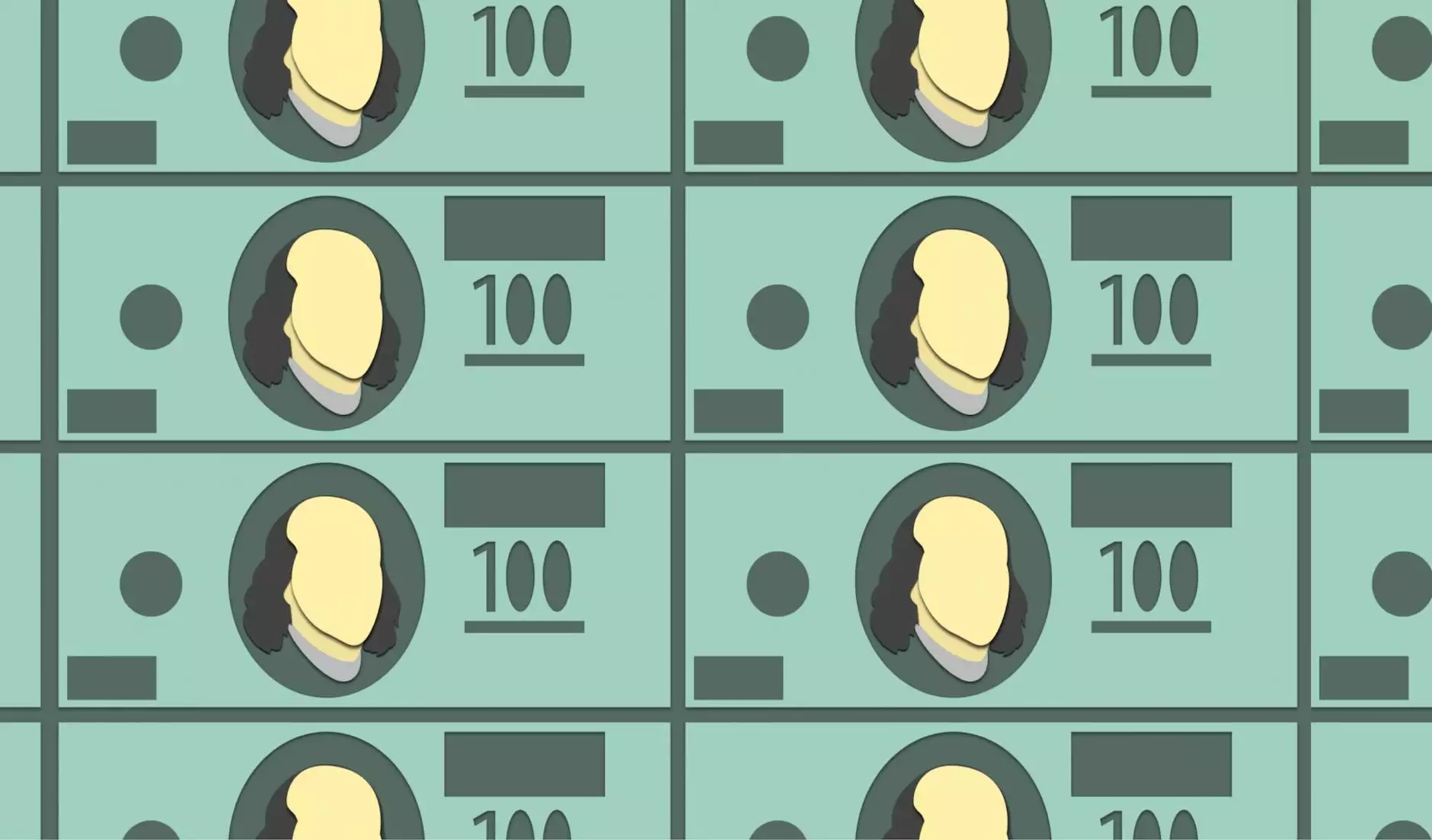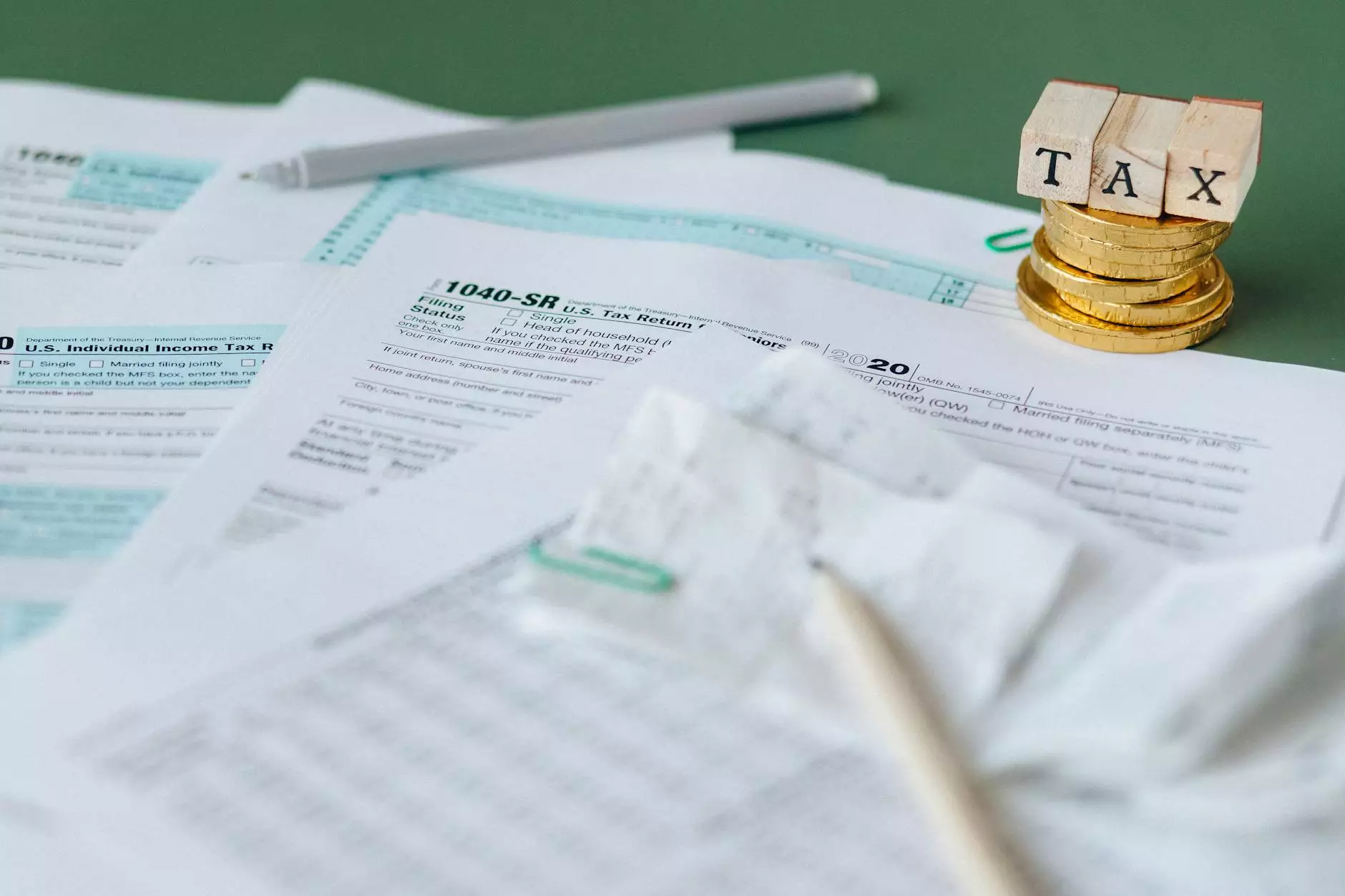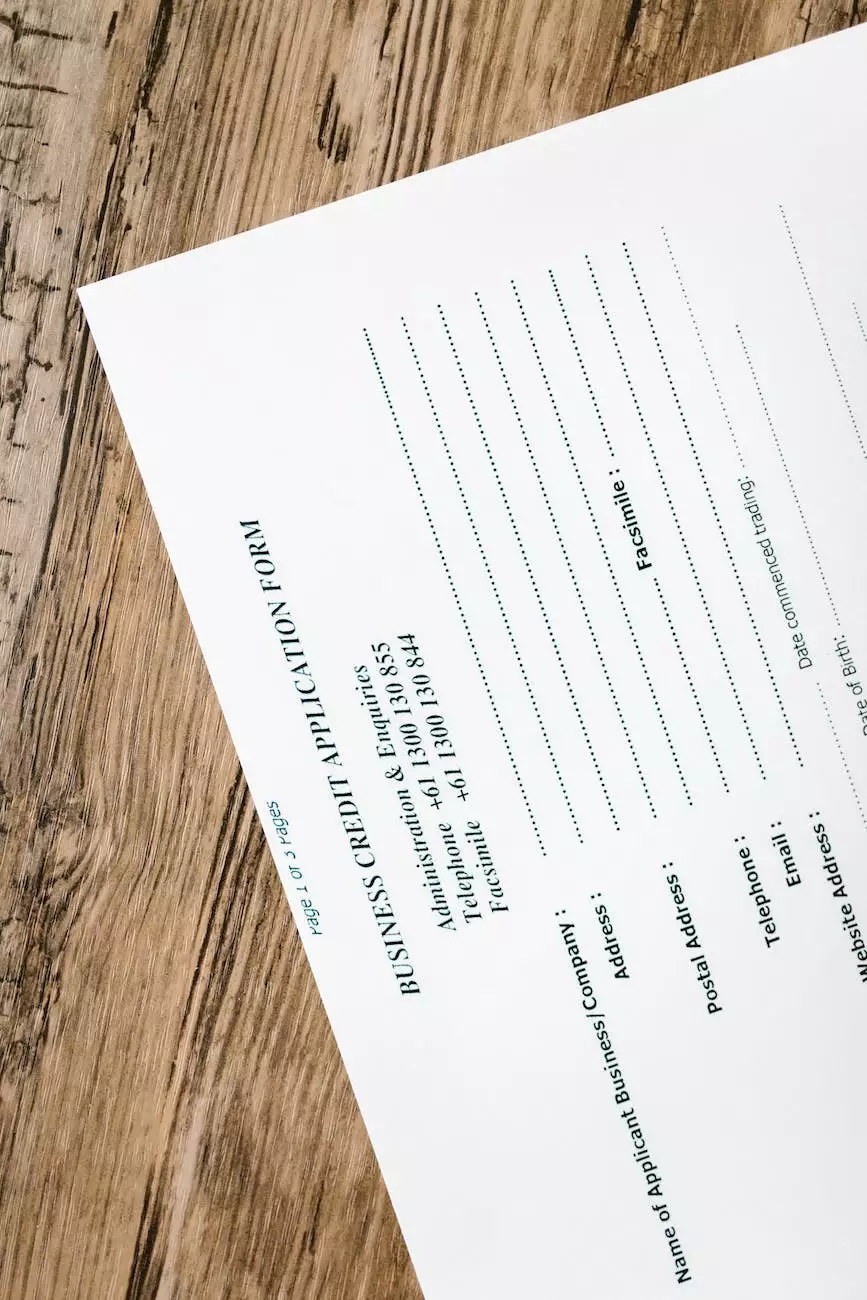How to Lower Credit Card Utilization
Financials & Reports
Welcome to Social Service of America's comprehensive guide on reducing your reliance on credit cards and effectively managing your credit card utilization. In today's consumer-driven society, credit cards have become an integral part of our daily lives. However, excessive credit card debt can lead to financial stress and affect your long-term financial goals. By following the strategies outlined in this guide, you can take control of your finances and reduce your dependency on credit cards.
The Importance of Lowering Credit Card Utilization
High credit card utilization can negatively impact your credit score and financial well-being. When you consistently carry high balances on your credit cards, it indicates to lenders that you may be relying too heavily on credit and may pose a higher risk. Lowering your credit card utilization demonstrates responsible financial management and can improve your creditworthiness.
Establish a Budget
The first step towards reducing credit card reliance is to establish a comprehensive budget. Take an in-depth look at your income and expenses to determine how much you can allocate towards debt repayment and other financial goals. By setting a realistic budget, you can better manage your finances and avoid overspending.
Minimize Non-Essential Expenses
Identify non-essential expenses that you can cut back on or eliminate entirely. Be diligent in tracking your spending habits to identify areas where you can make adjustments. Small changes, such as reducing dining out or entertainment expenses, can add up and provide additional funds to reduce credit card balances.
Develop an Emergency Fund
Building an emergency fund is crucial in reducing reliance on credit cards. Unexpected expenses can arise at any time, and having an emergency fund in place can help you cover these costs without resorting to credit card debt. Aim to save at least three to six months' worth of living expenses in an easily accessible savings account.
Pay More Than the Minimum Payment
When it comes to credit card debt, paying only the minimum required amount will keep you trapped in a cycle of debt. Aim to pay more than the minimum payment each month to make meaningful progress towards reducing your balances. By paying more, you'll reduce the overall amount of interest paid and expedite the debt repayment process.
Consider Debt Consolidation
If you have multiple credit cards with high interest rates, consolidating your debt into a single loan or credit card with a lower interest rate can be a viable option. Debt consolidation allows for easier management of debts and can potentially save you money on interest payments.
Utilize Balance Transfer Offers
Balance transfer offers provide an opportunity to transfer high-interest credit card debt to a card with a lower or 0% introductory interest rate. Take advantage of these offers to reduce interest charges and accelerate your debt repayment progress. Be cautious of any transfer fees and ensure you understand the terms and conditions of the offer.
Explore Credit Counseling Services
Credit counseling services can assist you in developing a personalized plan to manage your credit card debt. These services provide guidance on budgeting, debt management, and financial education. Seek out reputable credit counseling agencies like Social Service of America that can offer valuable insights and support throughout your journey to financial independence.
Conclusion
Lowering your reliance on credit cards and effectively managing your credit card utilization is essential for achieving financial independence. Implementing the strategies outlined in this guide, including establishing a budget, minimizing non-essential expenses, building an emergency fund, paying more than the minimum payment, considering debt consolidation, utilizing balance transfer offers, and exploring credit counseling services, can significantly impact your financial well-being in the long run.
Take control of your finances today and pave the way towards a debt-free future. Social Service of America is here to support you every step of the way, offering expert advice and resources to help you achieve your financial goals. Start your journey towards financial independence now!










